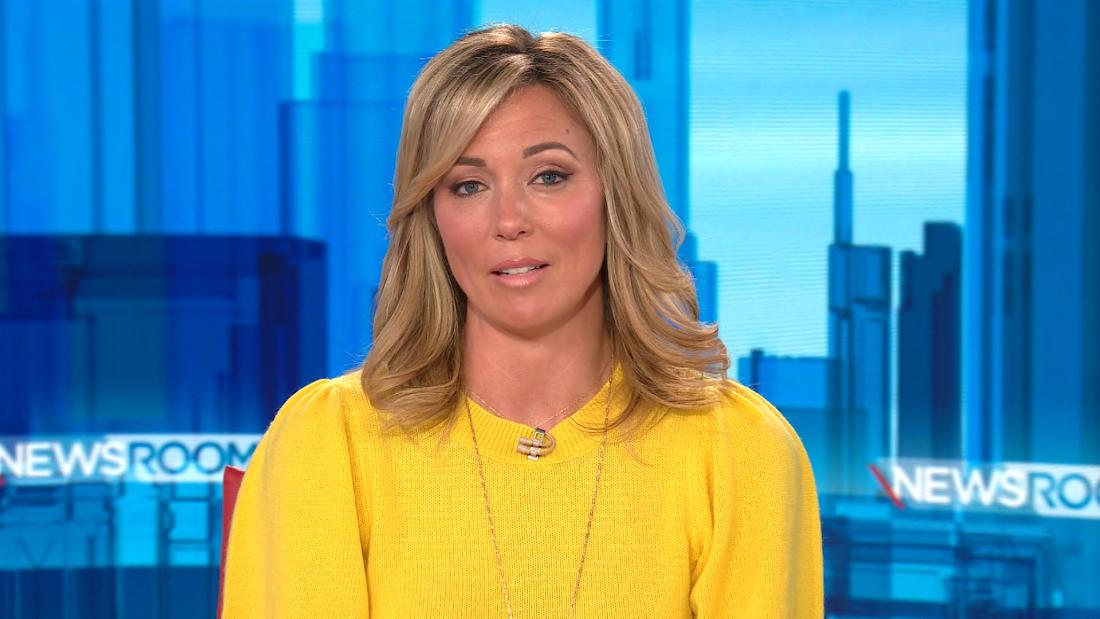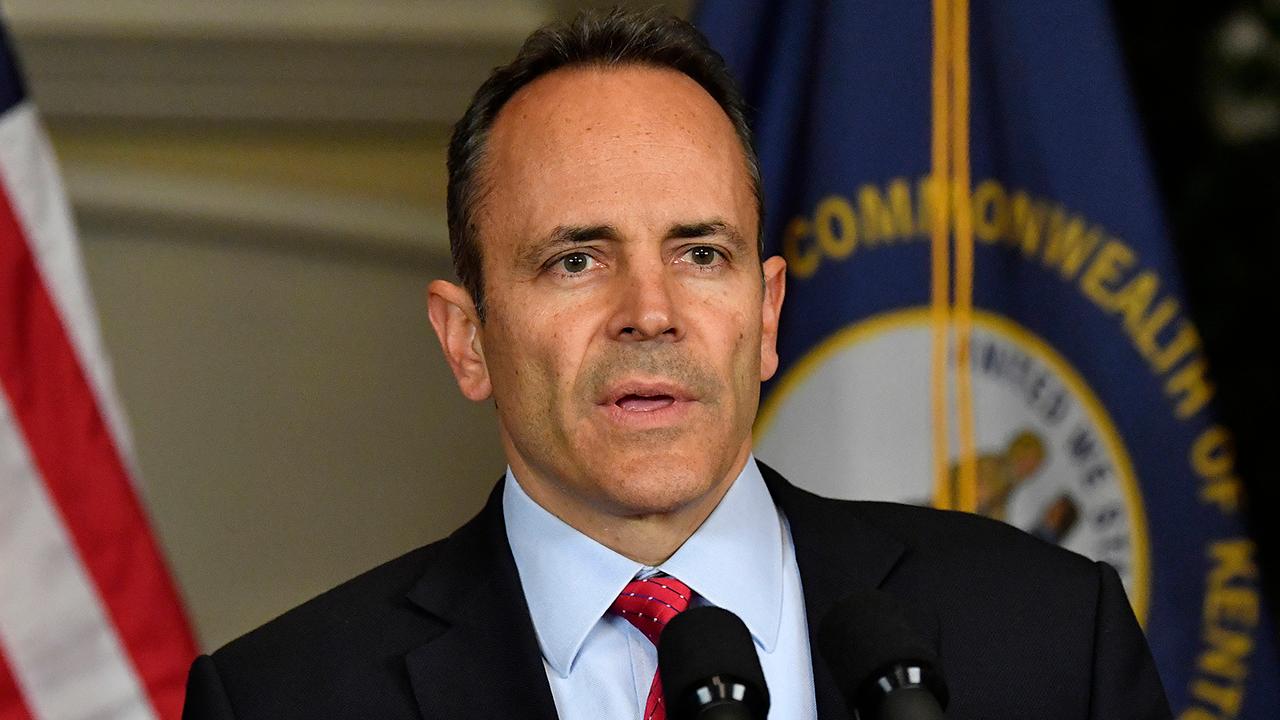[ad_1]

Manhattan District Attorney Cyrus Vance Jr. and three Democratic-led congressional committees have won lower-court decisions granting them access to a broad range of Trump’s financial records relating to him personally, his family and his businesses.
Unlike other modern presidents and presidential candidates, Trump has not released his tax returns. He and his personal lawyers have mounted a vigorous effort to keep that information private and defeat attempts to obtain the records from financial institutions and his accounting firm.
“We are pleased that the Supreme Court granted review of the President’s three pending cases,” said Jay Sekulow, a lawyer for Trump, in a statement released Friday. “These cases raise significant constitutional issues.”
The Supreme Court’s decision to get involved represents a historic moment that will test the justices and the Constitution’s separation-of-powers design. It is the first time the president’s personal conduct has come before the court, and marks a new phase in the investigations that have dogged his presidency.
The Supreme Court’s action came the same day a House committee approved articles of impeachment against the president, but these issues do not concern that process.
The court includes two Trump nominees, Justices Neil M. Gorsuch and Brett M. Kavanaugh, and it will draw inevitable comparisons with the dramatic decisions on presidential power the court rendered against Presidents Richard M. Nixon and Bill Clinton. In both cases, justices they had nominated to the court voted against them.
Trump’s lawyers told the court that the lower-court rulings were wrong, and that prosecutors and congressional committees should not be allowed to launch wide-ranging investigations of the president, especially without the Supreme Court’s review.
One case involves Vance’s attempt to enforce a grand jury subpoena issued to the president’s accountants for eight years of Trump’s tax records.
A federal investigation of the president is one thing, Trump’s lawyers told the court, but “politically motivated subpoenas like this one are a perfect illustration of why a sitting president should be categorically immune from state criminal process.”
They added: “State and local prosecutors have massive incentives to target [the president] with investigations and subpoenas to advance their careers, enhance their re-election prospects or make a political statement.”
A district judge and a panel of the U.S. Court of Appeals for the 2nd Circuit ruled against Trump, saying Vance’s subpoena was proper and the president’s longtime accounting firm, Mazars USA, must comply.
Vance’s office had agreed to hold off on enforcing the demand until the Supreme Court decided whether it would get involved.
Vance has said his office needs the records for its investigation into alleged hush-money payments made during the 2016 presidential campaign to Stormy Daniels, an adult film actress, and to former Playboy model Karen McDougal. Both women said they had affairs with Trump several years ago, and Vance’s office is examining whether any Trump Organization officials filed falsified business records, in violation of state law, related to the payments. Trump has denied the affairs and any wrongdoing.
Trump attorney William S. Consovoy has argued that while in the White House, Trump has “temporary presidential immunity” not just from prosecution, but also from investigation. At the appeals court hearing in New York, Consovoy said in response to a judge’s question that the president, for as long as he is in office, could not be investigated even for shooting someone on the streets of Manhattan.
The 2nd Circuit disagreed, and said the prosecutor’s request was not out of the ordinary, and that the president did not even have to take action to comply.
“The only question before us is whether a state may lawfully demand production by a third party of the president’s personal financial records for use in a grand jury investigation while the president is in office,” wrote Chief Judge Robert A. Katzmann.
“We note that the past six presidents, dating back to President Carter, all voluntarily released their tax returns to the public. While we do not place dispositive weight on this fact, it reinforces our conclusion that the disclosure of personal financial information, standing alone, is unlikely to impair the president in performing the duties of his office.”
The House Oversight and Reform Committee won access to Trump’s financial records in a separate case. The committee said it is looking into possible conflicts of interest and irregularities in the president’s financial disclosure reports, and whether additional legislation is needed.
A panel of the U.S. Court of Appeals for the D.C. Circuit voted 2 to 1 that the subpoena followed legal precedents.
Trump’s lawyers objected. Under the lower court’s decision, “any committee of Congress can subpoena any personal information from the president; all the committee needs to say is that it’s considering legislation that would force Presidents to disclose that same information,” wrote Consovoy. “Given the temptation to dig up dirt on political rivals, intrusive subpoenas into personal lives of presidents will become our new normal in times of divided government.”
A third case also comes from the 2nd Circuit, where judges upheld Congress’s broad investigative authority, and ordered Deutsche Bank and Capital One to comply with subpoenas for the president’s financial information from two House committees, Intelligence and Financial Services.
The committees are seeking more than 10 years of financial records on Trump, his three oldest children — Eric Trump, Donald Trump Jr. and Ivanka Trump — and the president’s businesses.
The committees say they need the records as part of broad investigations into Russian money laundering and potential foreign influence involving Trump.
Trump’s attorneys have argued the committees’ moves are simply to harass the president and would serve no legislative purpose. The subpoenas could yield every debit card transaction and check written by Trump, his children and even his grandchildren, they said.
Carol D. Leonnig contributed to this report.
[ad_2]
Source link



Connect with us on our socials: